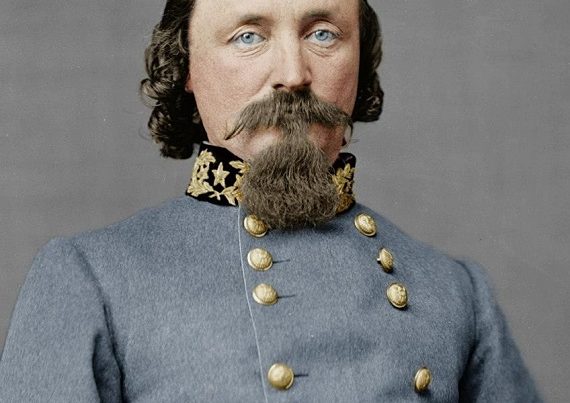Archibald Rutledge, a major South Carolina and national writer in the first half of the 20th century, seems to have dropped nearly out of sight. His books are mostly available, when obtainable at all, in over-priced used remnants. Yet Rutledge was in his time a celebrated and bestselling author of hunting and nature accounts, memoirs, and a poet of lasting stature. He is the outstanding recent writer of the South Carolina Low Country.
Renewing an interest in Rutledge recently, I turned to the supposedly definitive South Carolina Encyclopedia. The clueless writer of the entry on Rutledge (1883-1973) does not bother to mention more than a few of the titles of his 50 books (some bestsellers), nor his many honorary degrees, nor the still lively international interest of hunting readers. This “historian” is very short on facts but strong in opinions. We are now to dismiss Rutledge as no more than a misleading nostalgist for the Old South and a white supremacist.
One is surprised to see such an important part of South Carolina culture dismissed so ignorantly, but actually such is so commonplace that we should not be surprised. That is one of the consequences of being a conquered people.
South Carolina still recognises its brilliant son by making his hereditary plantation at McClellanville into a State Park. And the University Press in 1992 did publish a collection Hunting & Home in the Southern Heartland: The Best of Archibald Rutledge. The editor Jim Casada knows the subject well and provides an excellent criticism and biography.
There is still plenty of room for publishing other collections of Rutledge’s work and republishing some of his books. His little inspirational book, Life’s Extras, was immensely popular at the time. If you want to get started, besides the hunting stories, I would suggest My Colonel and His Lady, Tom and I on the Old Plantation, Home by the River, and the nearly unobtainable collected Poems of Archibald Rutledge (available as an electronic copy below).
Rutledge was a direct descendant of John Rutledge and of other historic South Carolina figures and inherited a plantation. But he was by no means affluent in his start in life. He attended a small college in New York State. For more than thirty years he served as chairman of the English department at Mercersburg Academy in Pennsylvania, only occasionally able to visit his home place.
Only after retirement was he able to restore Hampton into a vital place.
The encyclopedia writer is completely wrong to dismiss Rutledge’s treatment of the black people among whom he lived. He was paternalistic yes–what else was possible at the time? We ought to give him credit for an affectionate attitude, especially when we remember the negative attitudes toward black people that were widespread in the South–and, yes, in the North and West as well. Anyone who is interested in knowing African American life will find much of value in the writing of one who knew them well and who expected their improvement.
Nobody has ever written more and more meaningfully about the South Carolina Low Country, of which Rutledge is the eternal bard.






